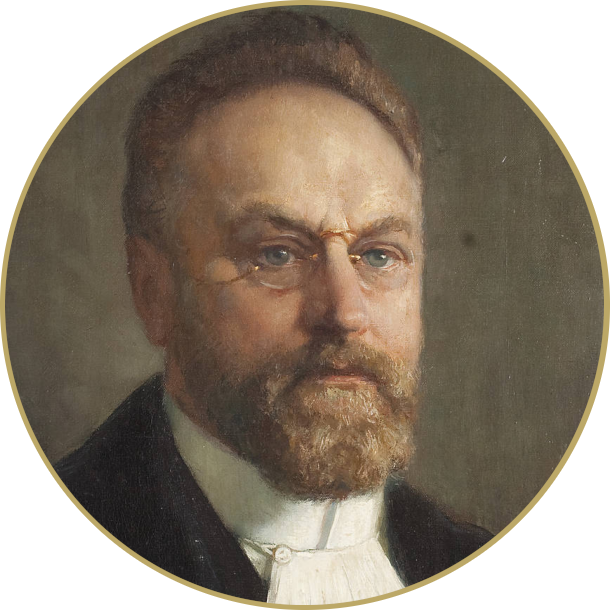The Right of Conscience Over Elders
It is not unbelievers primarily but the devout who have always experienced this power of the hierarchy as a galling bond to their consciences. Throughout the centuries there has not only been scientific, societal, and political resistance but also deeply religious and moral opposition to the hierarchical power of the church. It simply will not do to explain this opposition in terms of unbelief and disobedience and intentionally to misconstrue the religious motives underlying the opposition of various sects and movements. No one has been bold enough to damn all these sects because they were moved to resist the church and its tradition. Even Rome shrinks from this conclusion.
The extra ecclesiam nulla salus (no salvation outside the church) is a confession that is too harsh for even the most robust believer. Accordingly, the “law” we see at work in every area of life is operative also in religion and morality. On the one hand, there is a revolutionary spirit that seeks to level all that has taken shape historically in order to start rebuilding things from the ground up. There is, however, also a false conservatism that takes pleasure in leaving the existing situation untouched simply because it exists and—in accordance with Calvin’s familiar saying—not to attempt to change a well-positioned evil (malum bene positum non movere).
At the proper time, everywhere and in every sphere of life, a certain radicalism is needed to restore balance, to make further development possible, and not let the stream of ongoing life bog down. In art and science, state and society, similarly in religion and morality, there gradually develops a mindless routine that oppresses and does violence to the rights of personality, genius, invention, inspiration, freedom, and conscience. But in due time there always arises a man or woman who cannot bear that pressure, casts off the yoke of bondage and again takes up the cause of human freedom and that of Christian Liberty. These are turning points in history. Thus Christ himself rose up against the tradition of the elders and returned to the law and the prophets. Thus one day the Reformation had the courage, not in the interest of some scientific, social or political goal, but in the name of Christian humanity, to protest against Rome’s hierarchy. Frequently, even in the case of the sects and movements that later arose in the Protestant churches, that religious and ethical motive is undeniably present. So-called biblical theology also defends an important part of religious truth. When a church and theology prefer peace and quiet over struggle, they themselves trigger the opposition that reminds them of their Christian calling and task.”
Herman Bavinck, Reformed Dogmatics, Vol. I, pp. 81-82.
So in the present case, I say to you, stay away from these men and let them alone, for if this plan or action is of men, it will be overthrown; but if it is of God, you will not be able to overthrow them; or else you may even be found fighting against God. Acts 5:38-39
